Lass mich mit Hass nicht allein

In dem Gedicht für sein gleichnamiges Lied beschreibt der iranische Schauspieler und Dichter Ali Kamrani seine Erfahrungen als Einwanderer in Deutschland.




In dem Gedicht für sein gleichnamiges Lied beschreibt der iranische Schauspieler und Dichter Ali Kamrani seine Erfahrungen als Einwanderer in Deutschland.



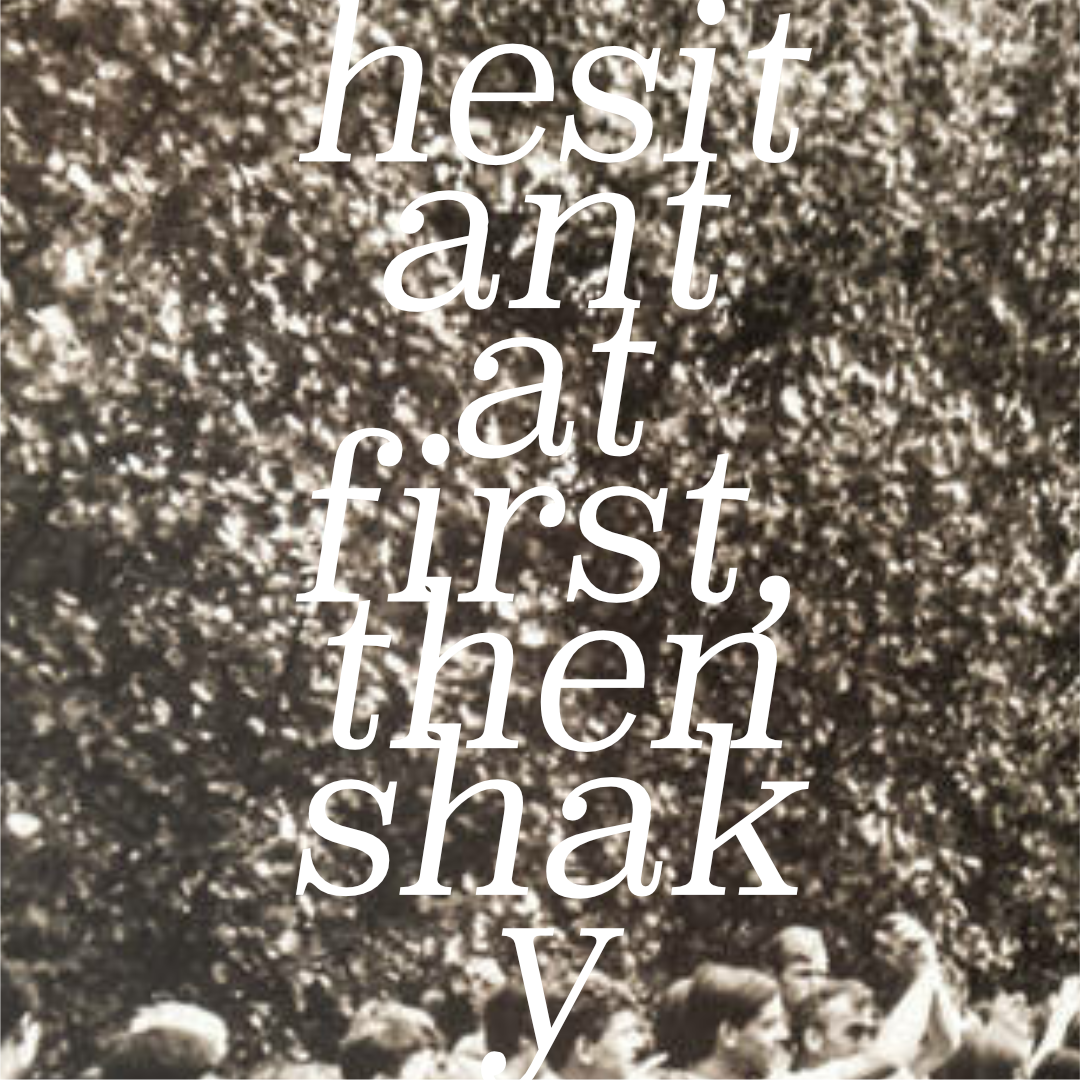
In the German Democratic Republic, the song «Unsere Heimat» (Our Homeland) became an anthem that glorified the idea of a socialist homeland. After the fall of the Berlin wall, the song disappeared from public memory. At least this was what our author thought.



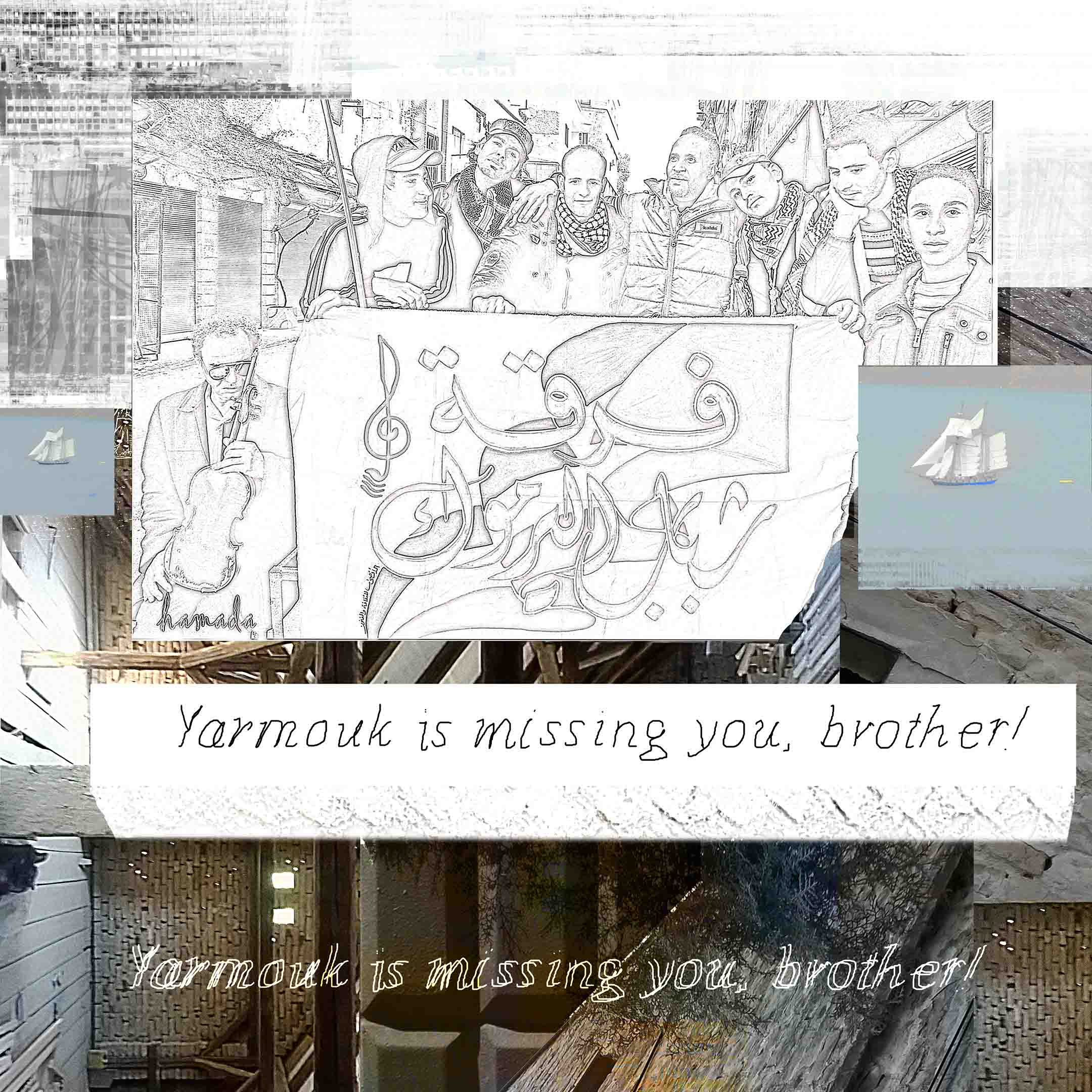
This is the story of a Palestinian song. A song that originated in the beseiged Palestinian district Yarmouk in Damascus, Syria. After Aeham Ahmad, who played this song in the streets of Damascus, fled to Germany, the meaning of the song has changed.



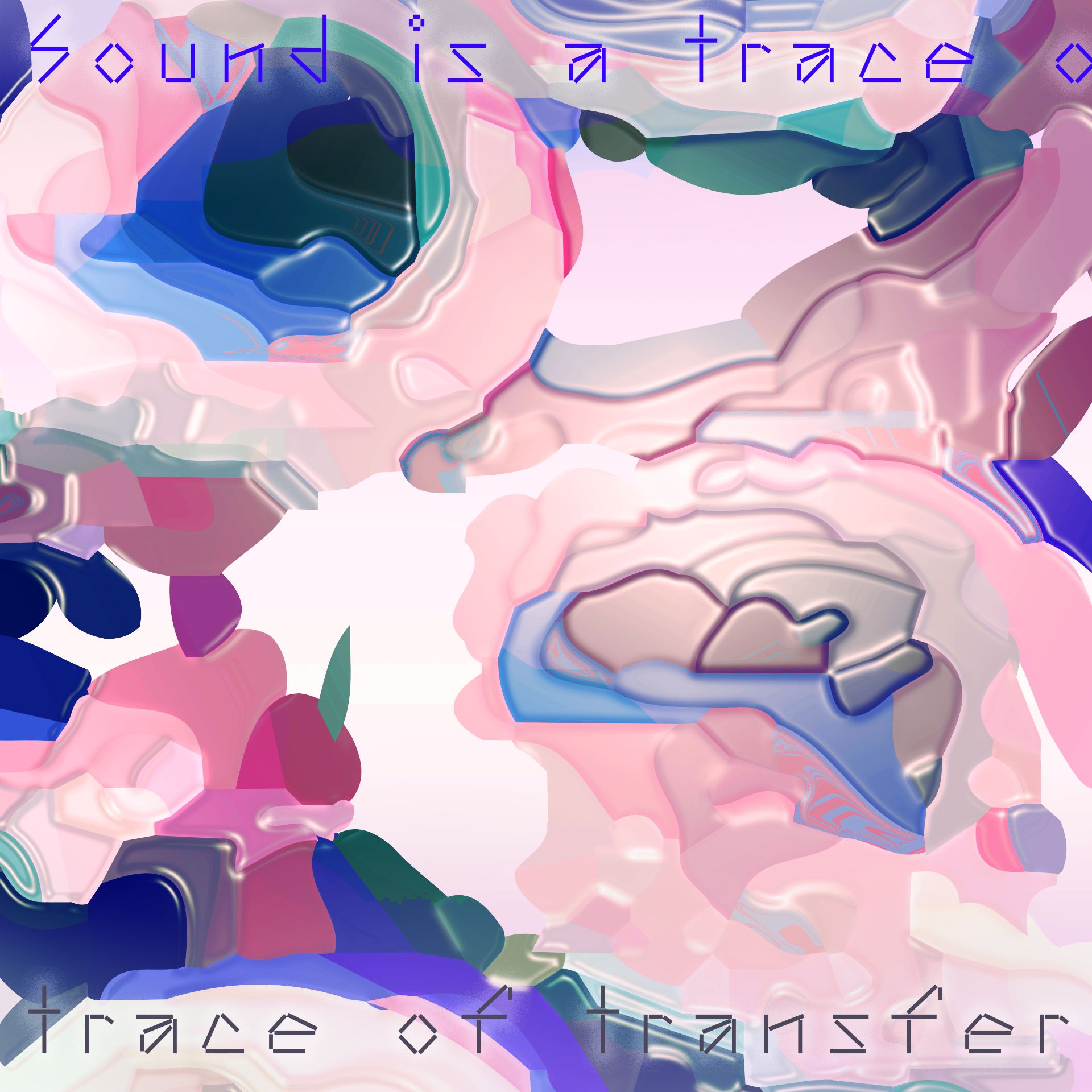
Every physical interaction leaves traces. In the fifth episode of «Sonic Vignettes», Salomé Voegelin reflects upon the grain of the voice as an irreducible trace of human contact and why it is it is endangered by AI cleaning language.



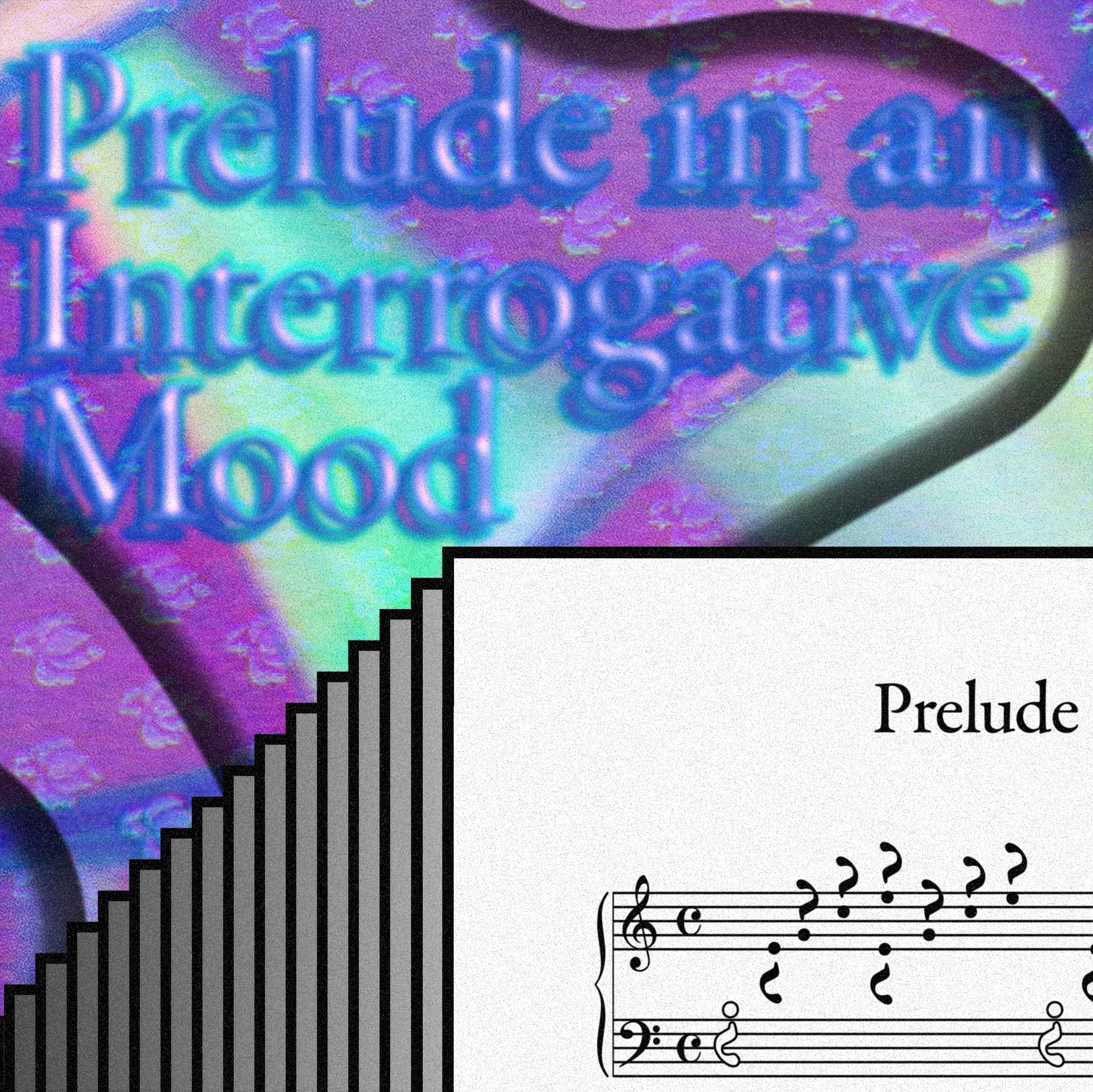
Some people think they know what Italian music is, until you really start to ask. An introduction to the Norient special «Sonic Traces: From Italy».



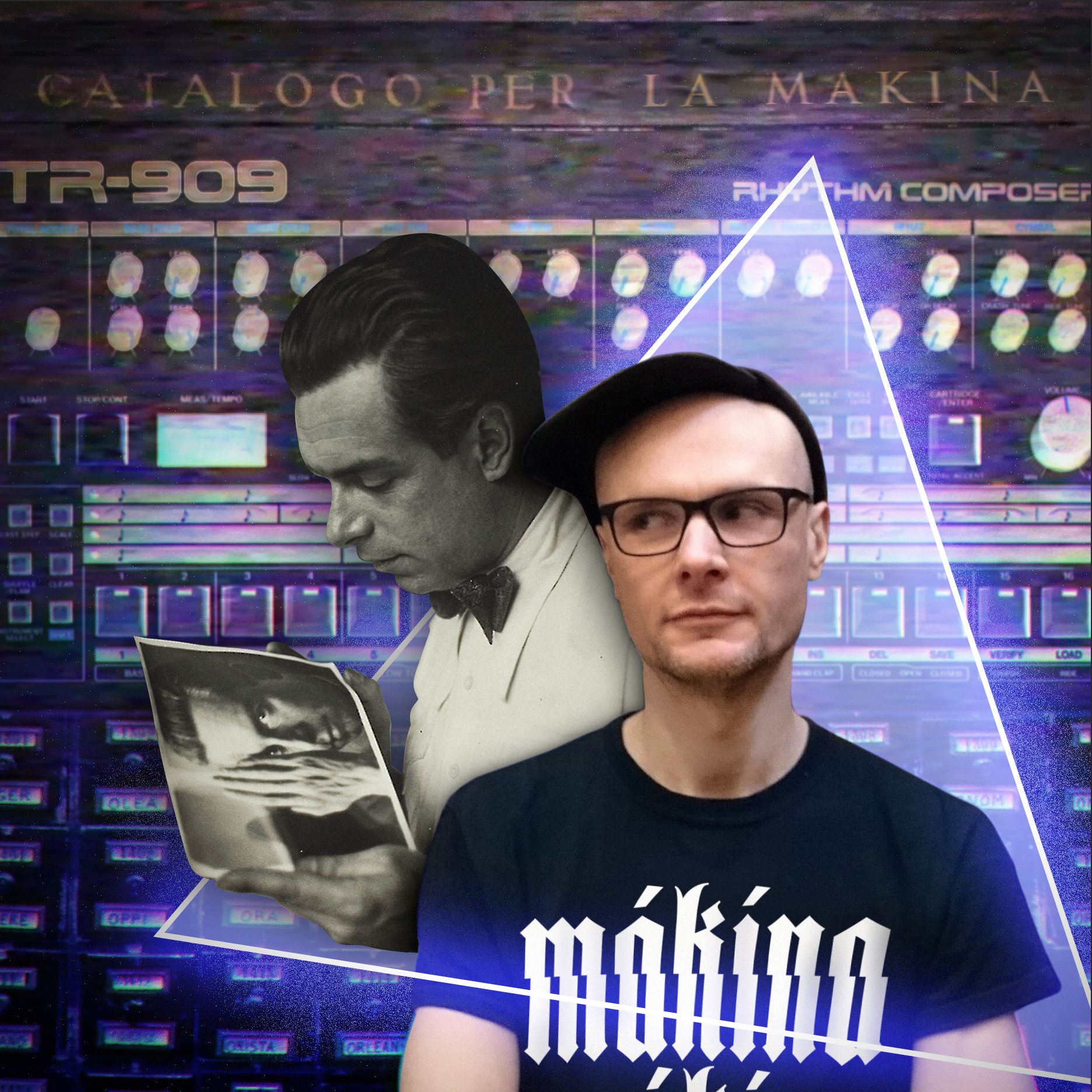
This text is a literary remix of Enrico Prampolini’s «The Aesthetic of the Machine and Mechanical Introspection in Art» (1922), considered a key text to understand the so-called second wave of Futurism, also referred to as «futurismo degli anni venti».



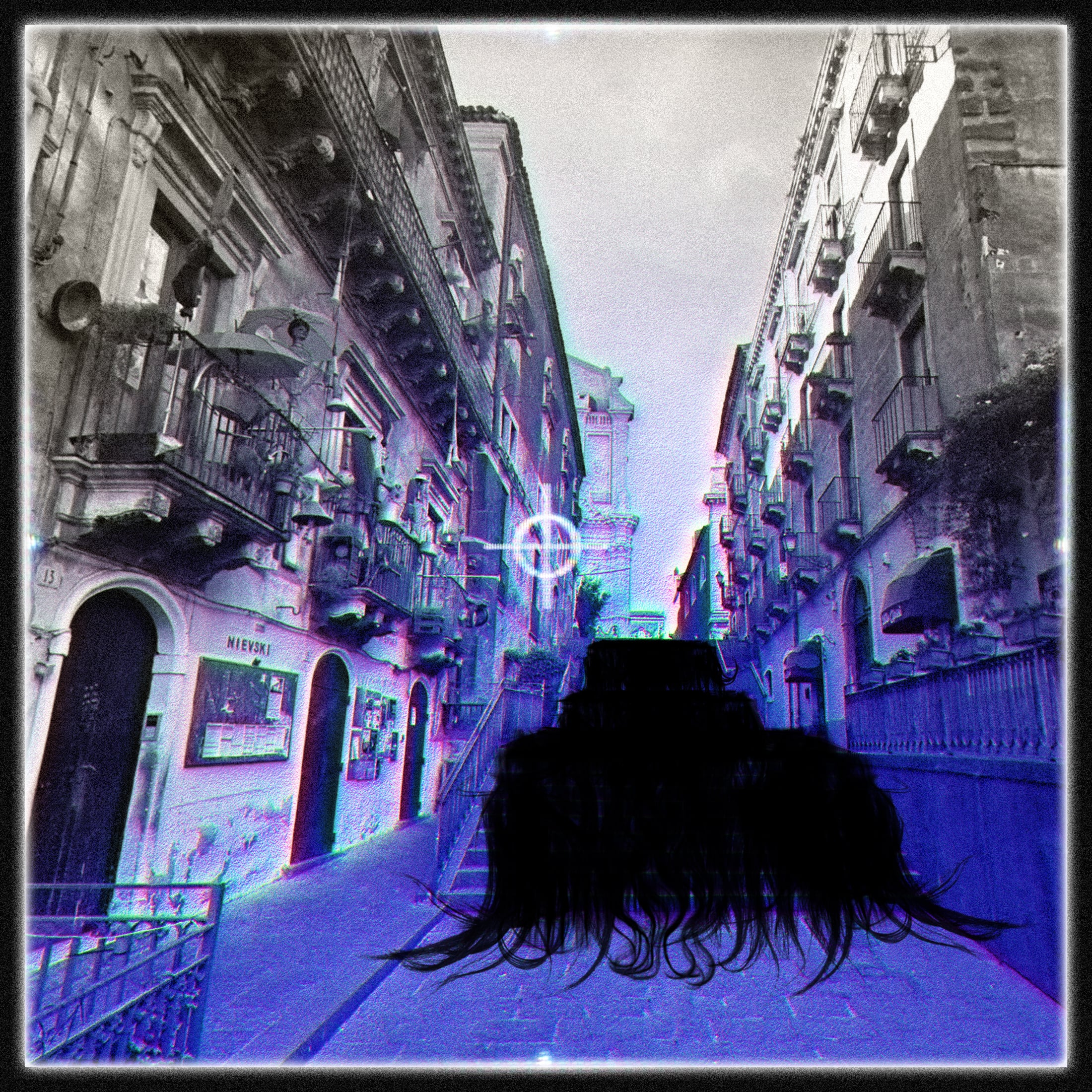
In this short memoir, an excerpt from a longer version originally published (in Italian and English) on his website, London-based Sicilian visual artist and musician Seb Patane reflects on what it meant to be a young Italian fascinated with British subcultures.




Philosopher and scholar Federico Campagna reflects on the cultural and anthropological context of late Baroque music in 1700s Europe and Italy, and explores the intersections between art, philosophy, and religion in the time of Italian painter Giovanni Battista Tiepolo.



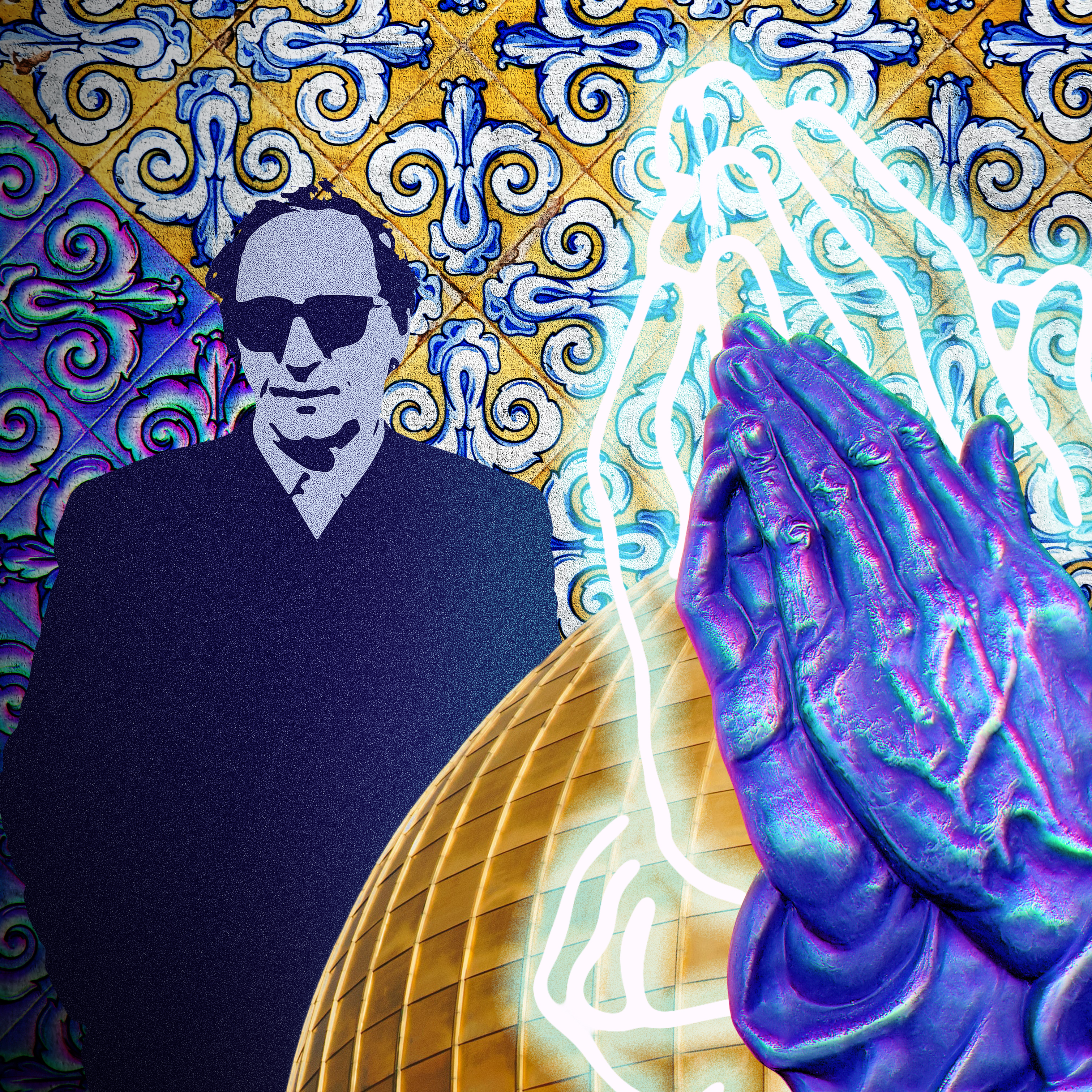
London-based Italian writer Marco Mancassola reflects on his personal relationship with the oeuvre of renowned Sicilian art pop musician Franco Battiato.




Life in Milan through a foreigner’s eyes: A mix of indifference to the Other, social invisibility, and Italy’s dependence on cultural artifacts imported from overseas.




What was the role played by the Italian-American community in the U.S. in the development of disco music? Reflecting on the Italian diaspora’s cultural impact could foster a less toxic debate on the presence of ethnic minorities in the Italian peninsula.


